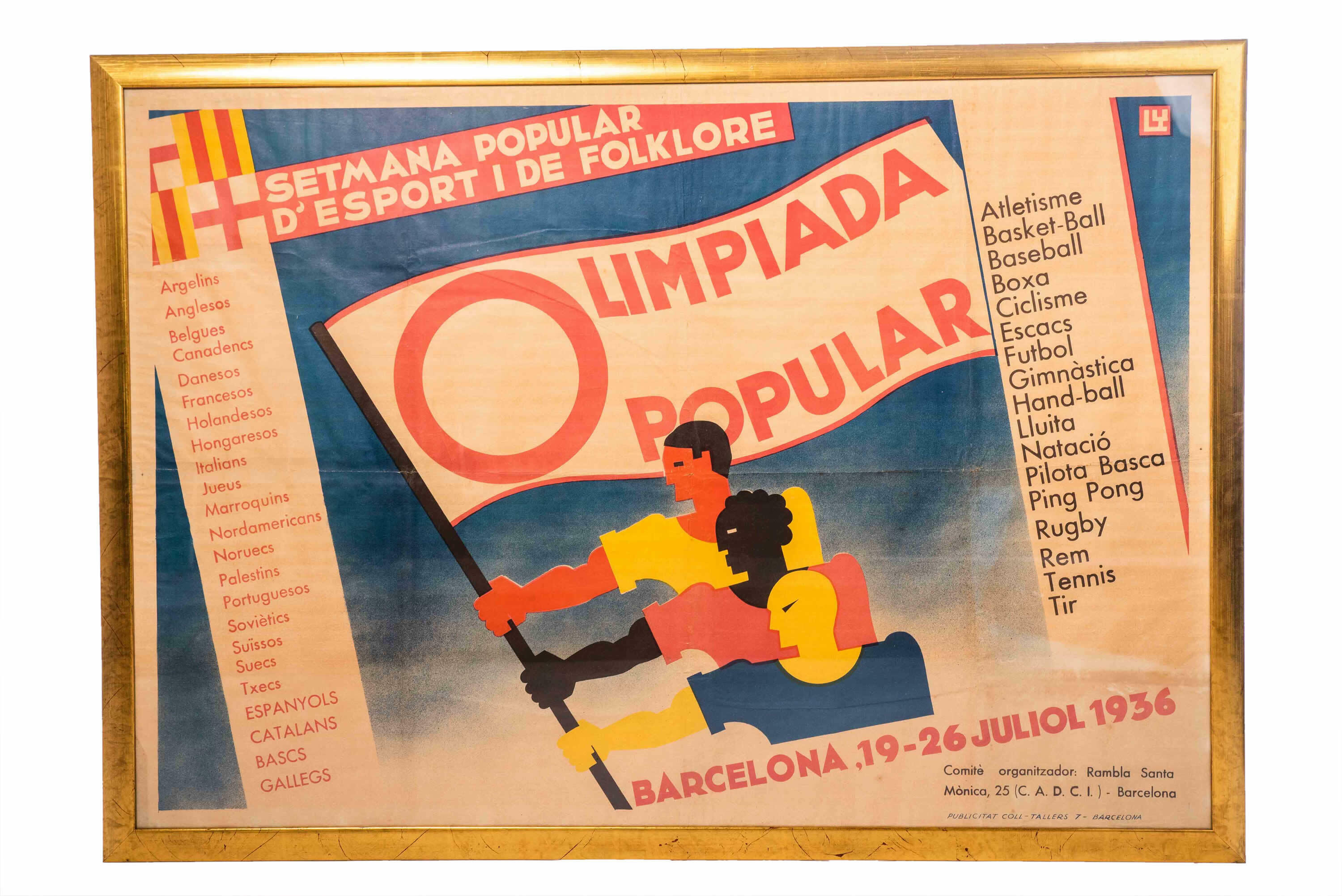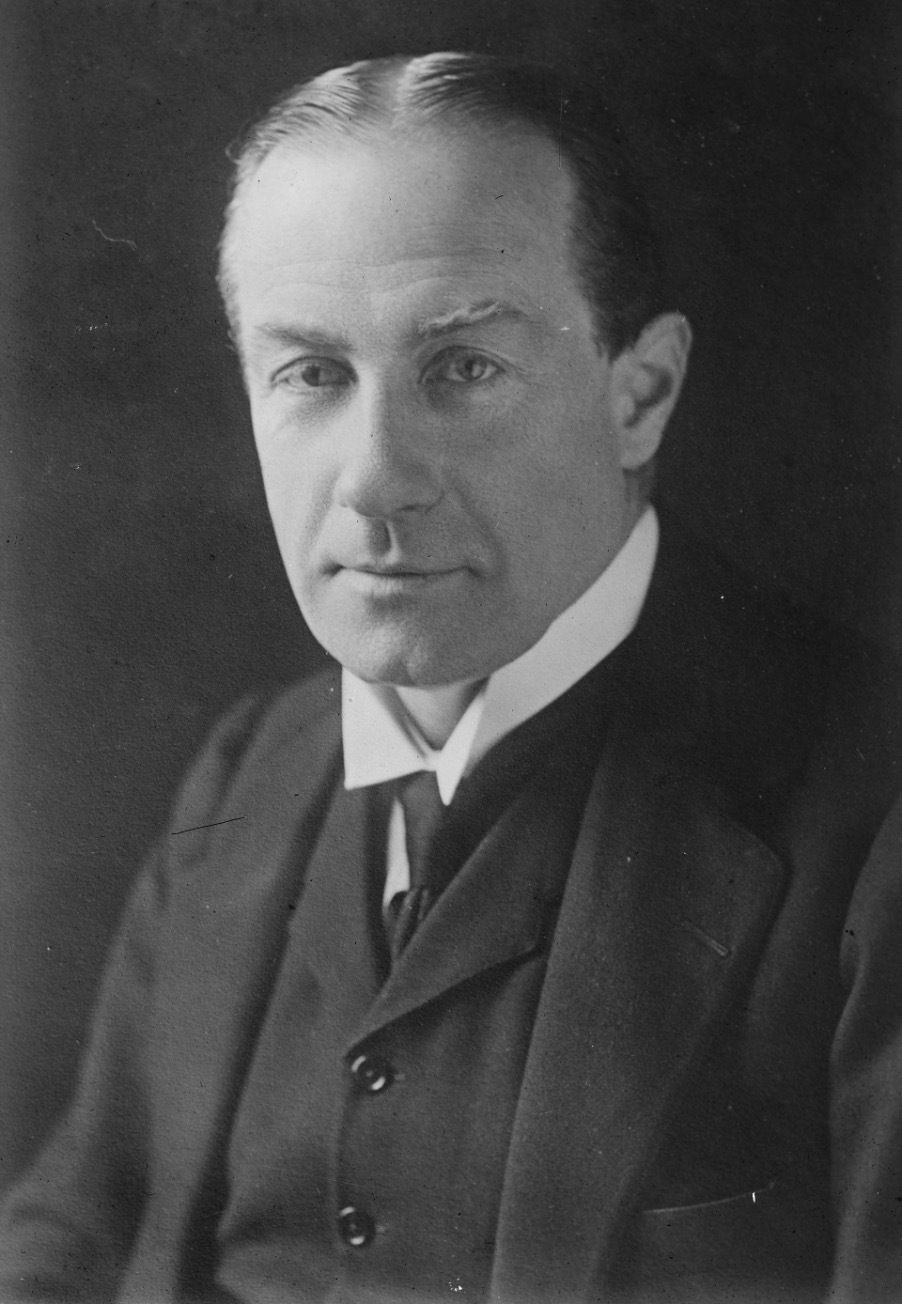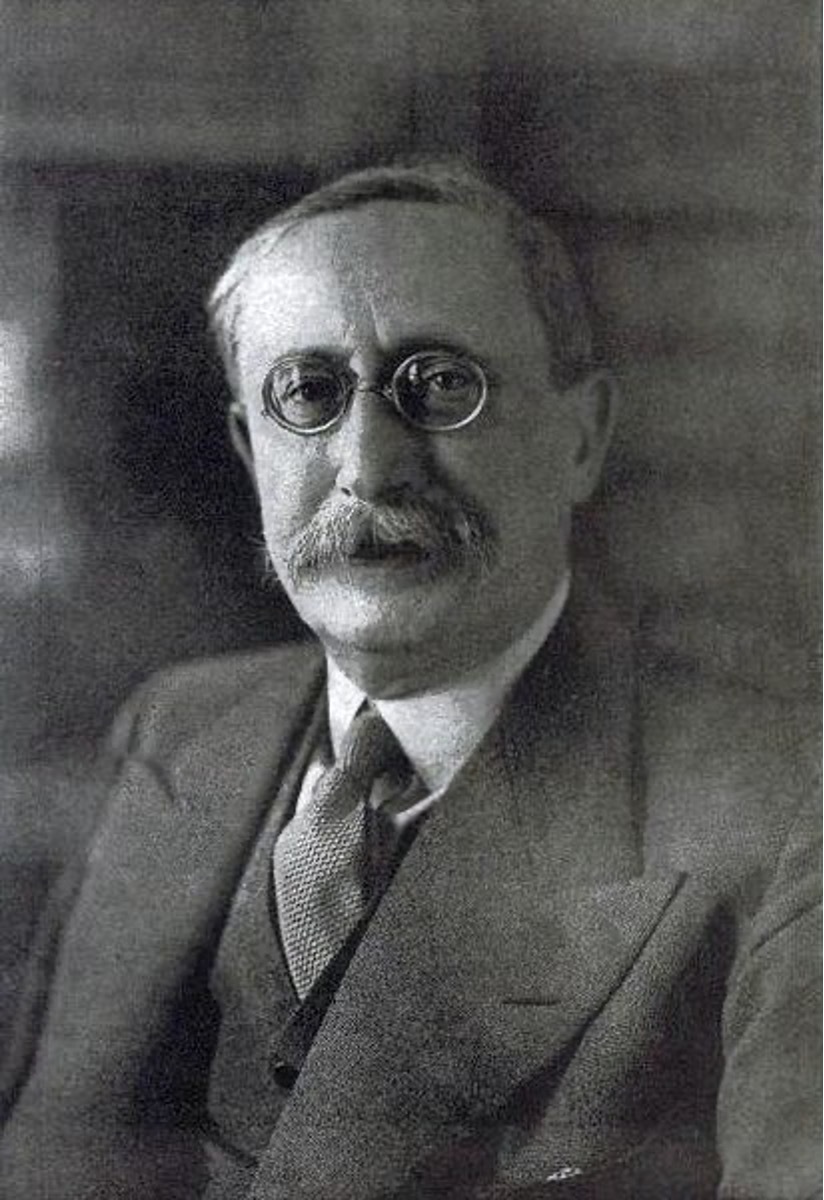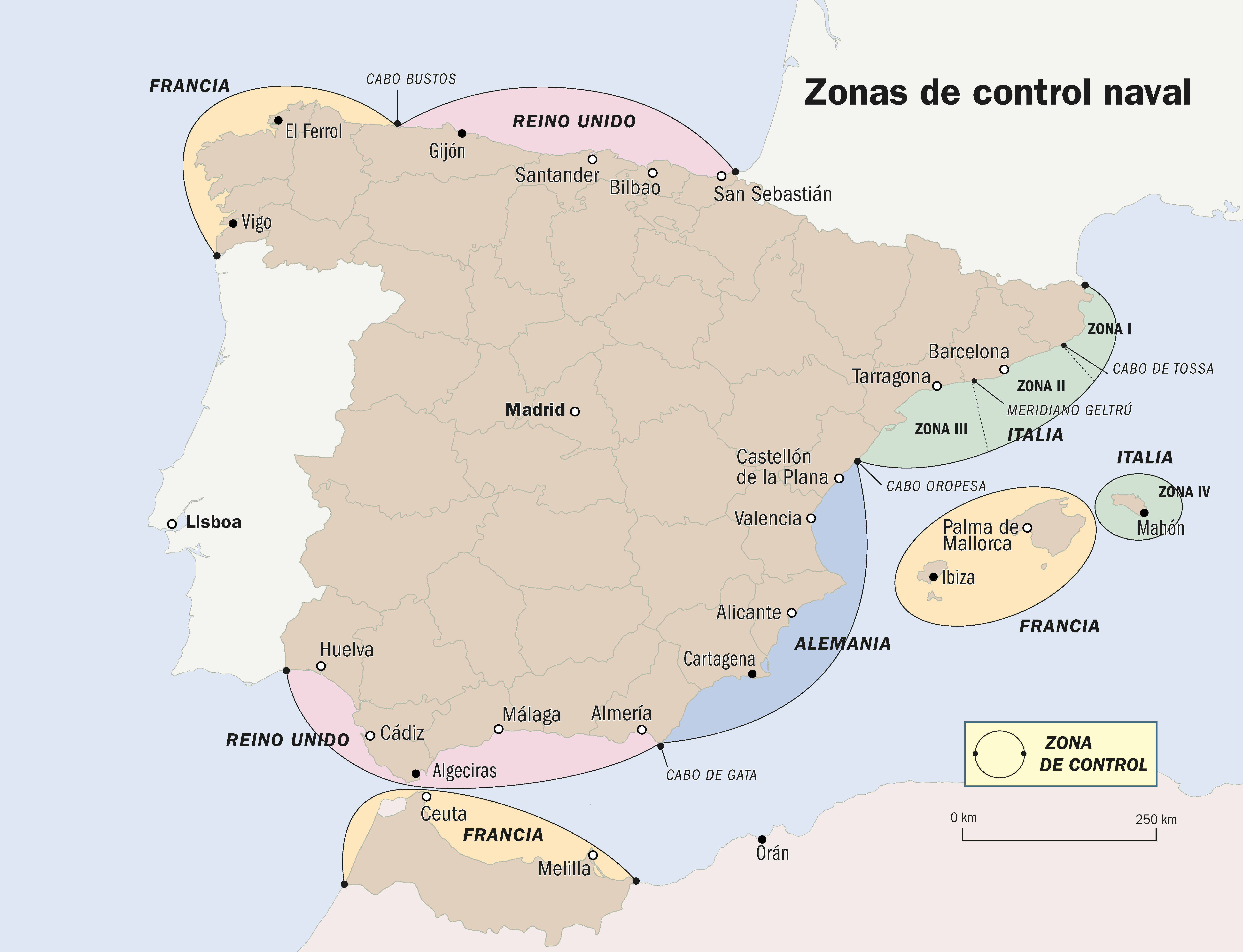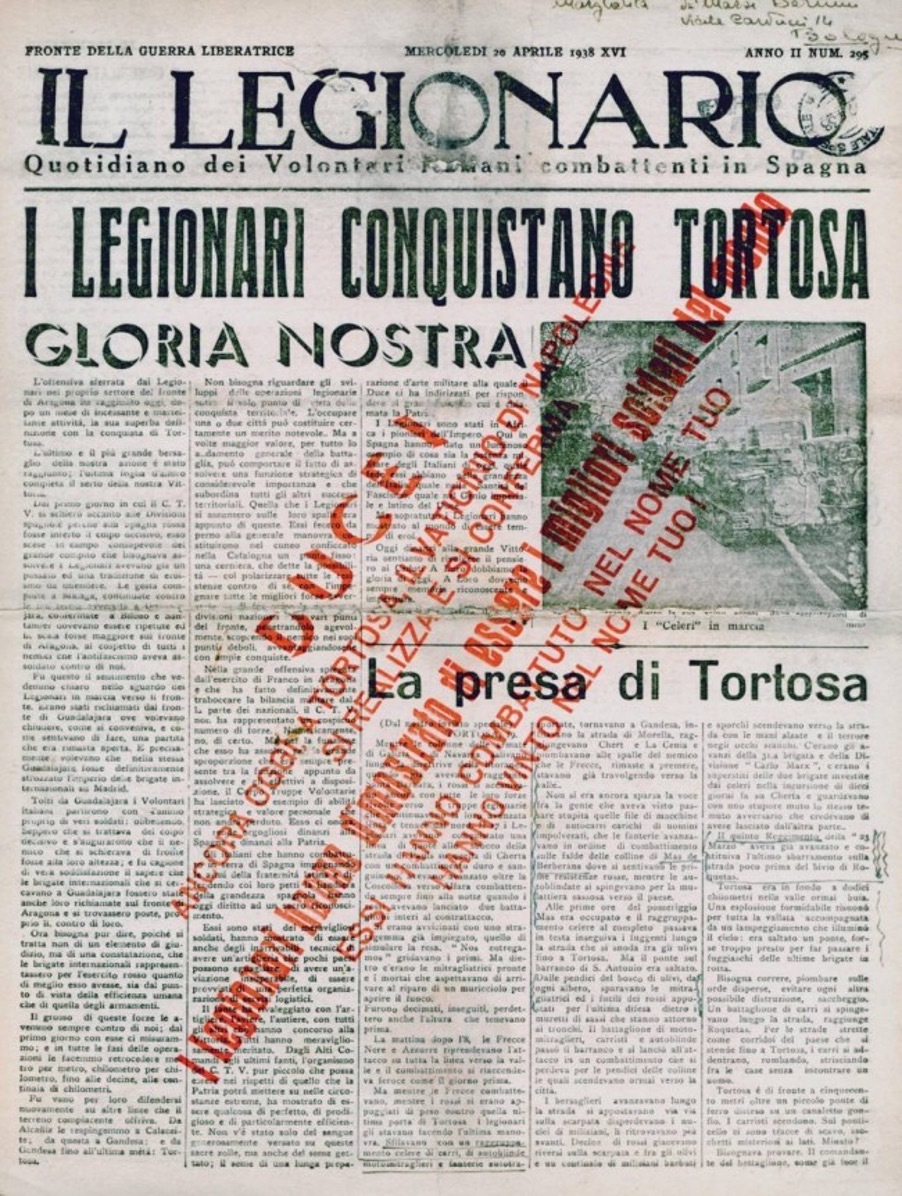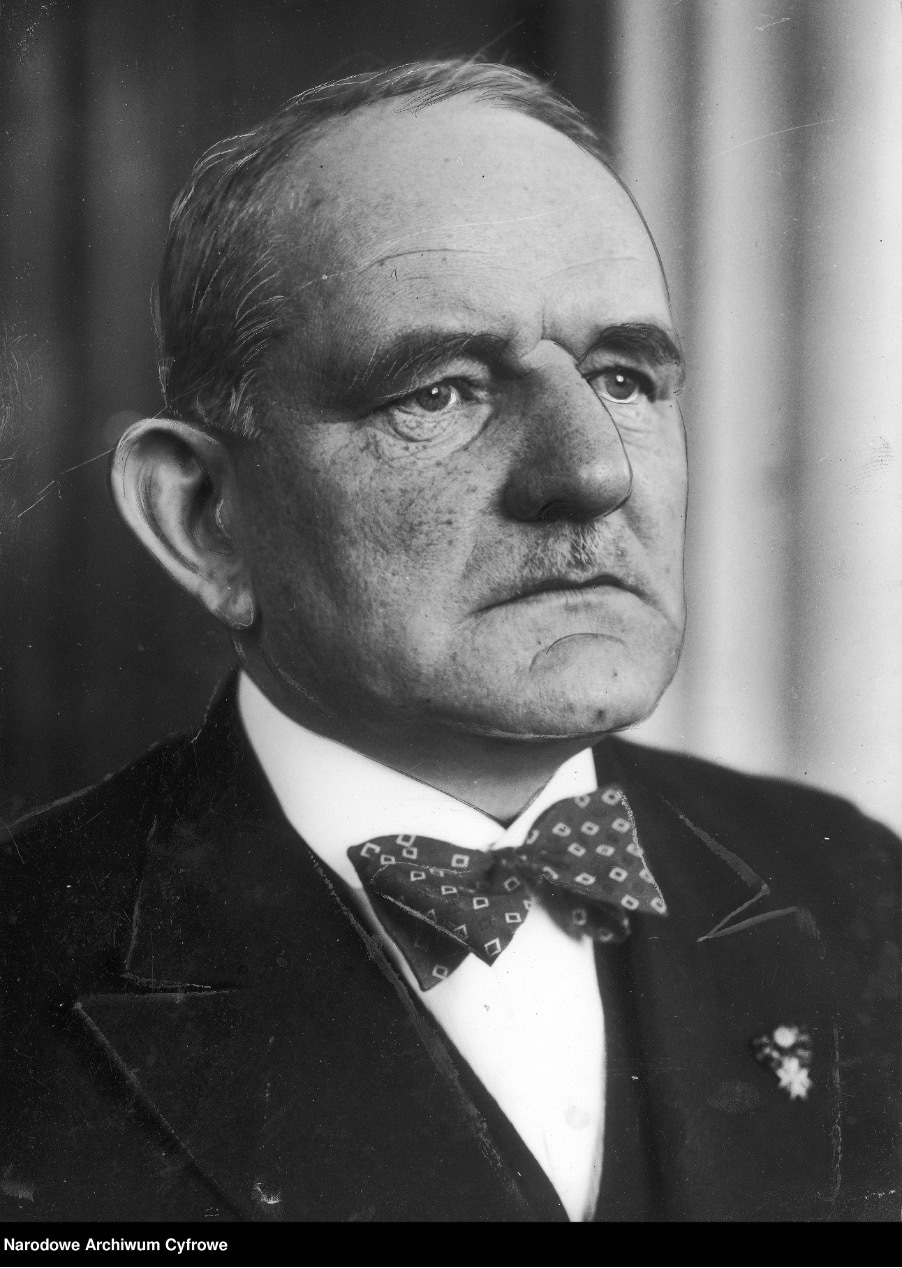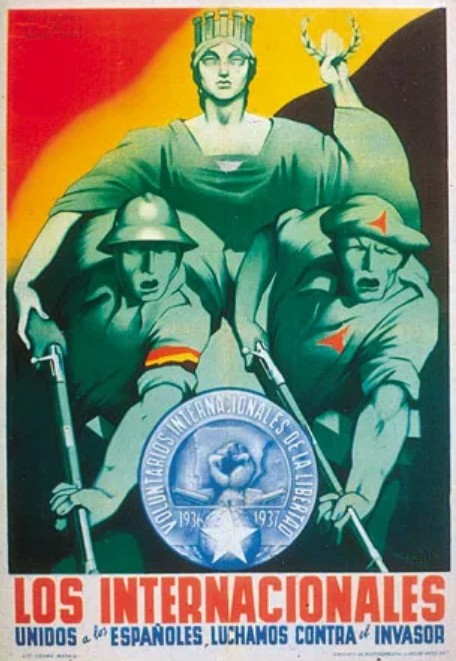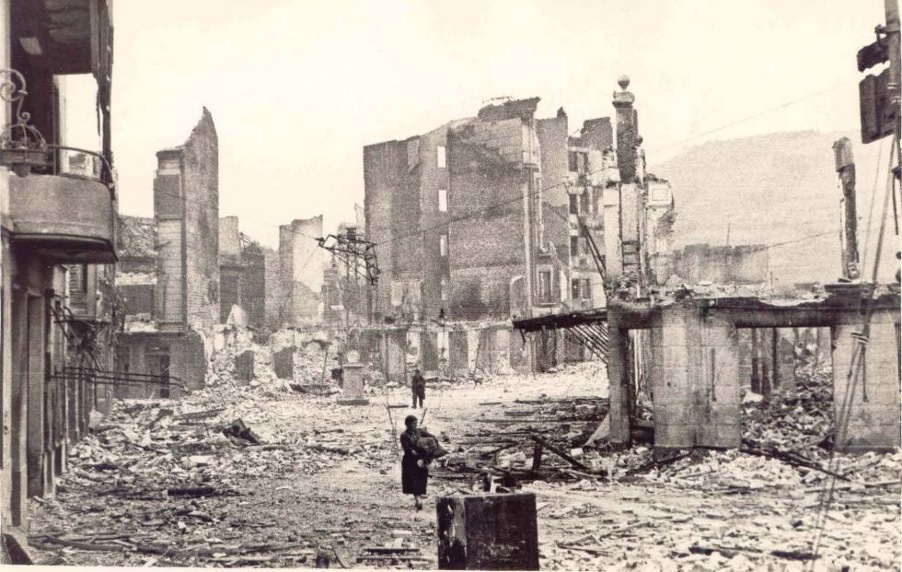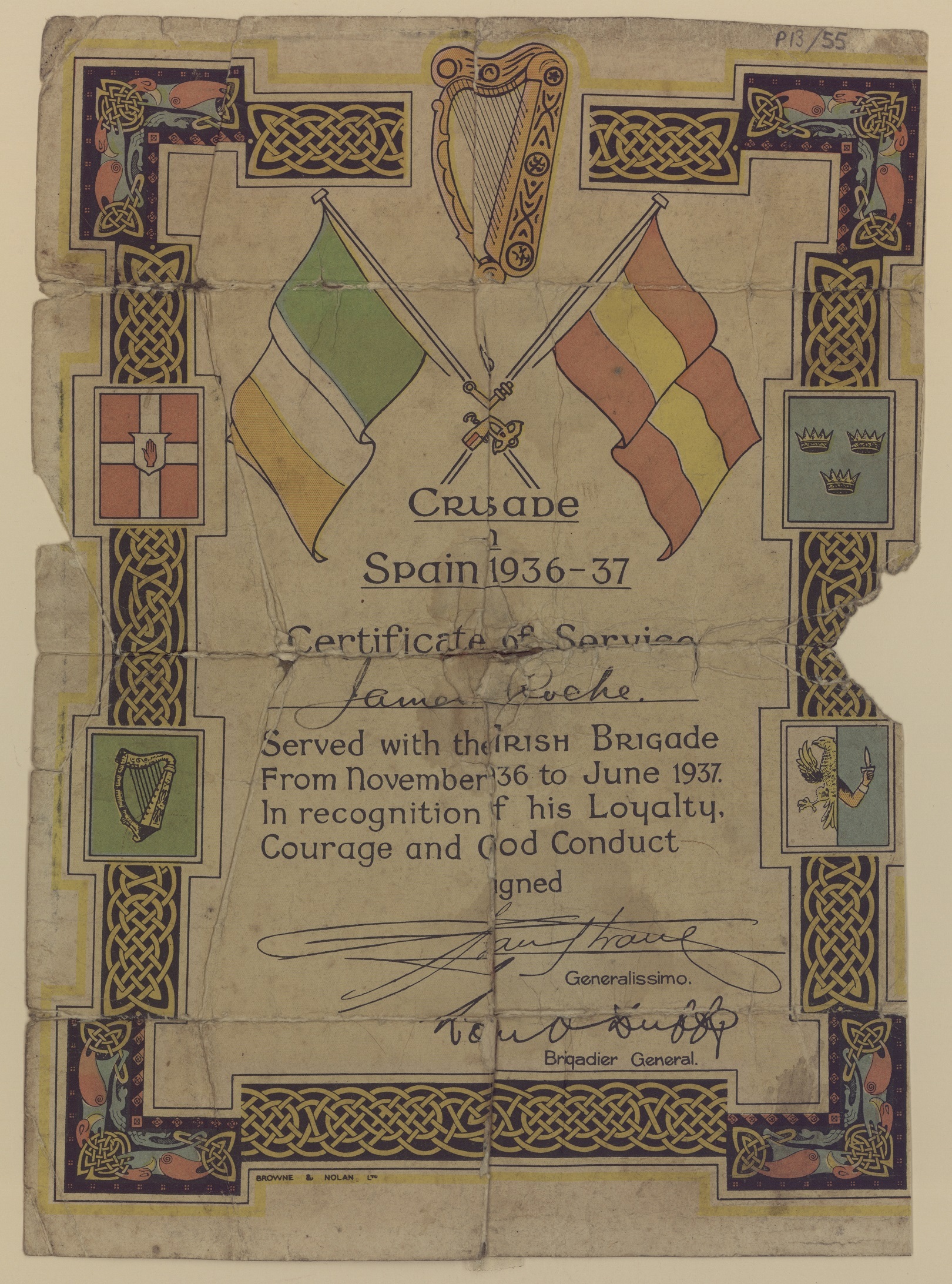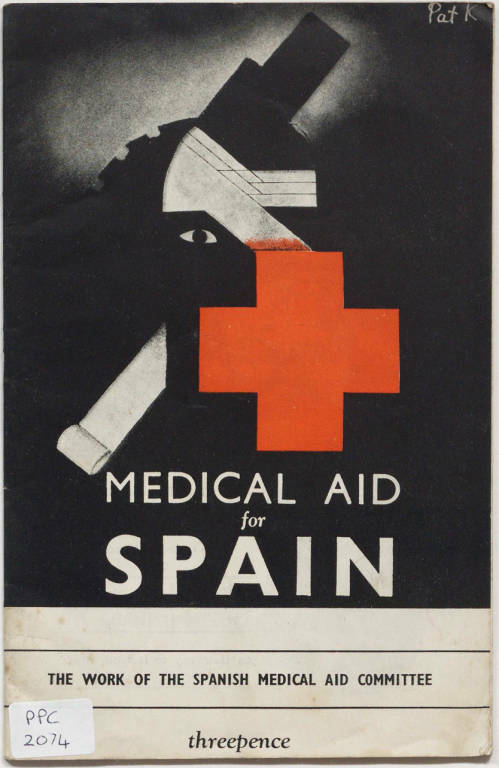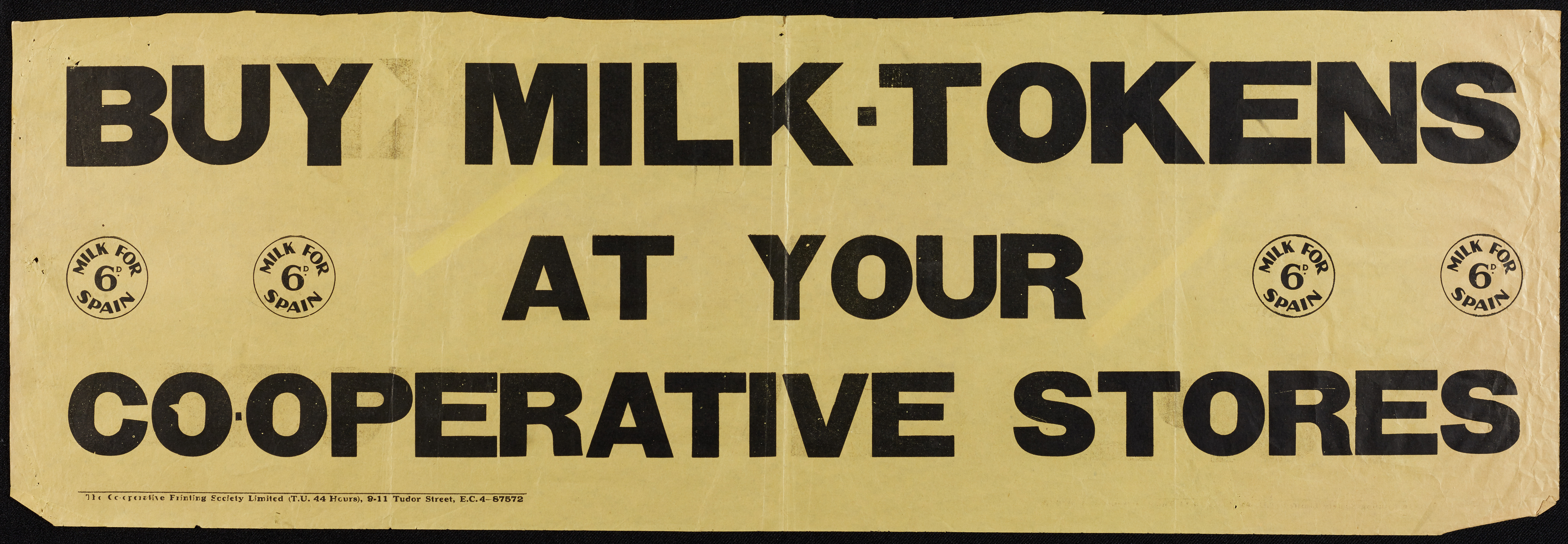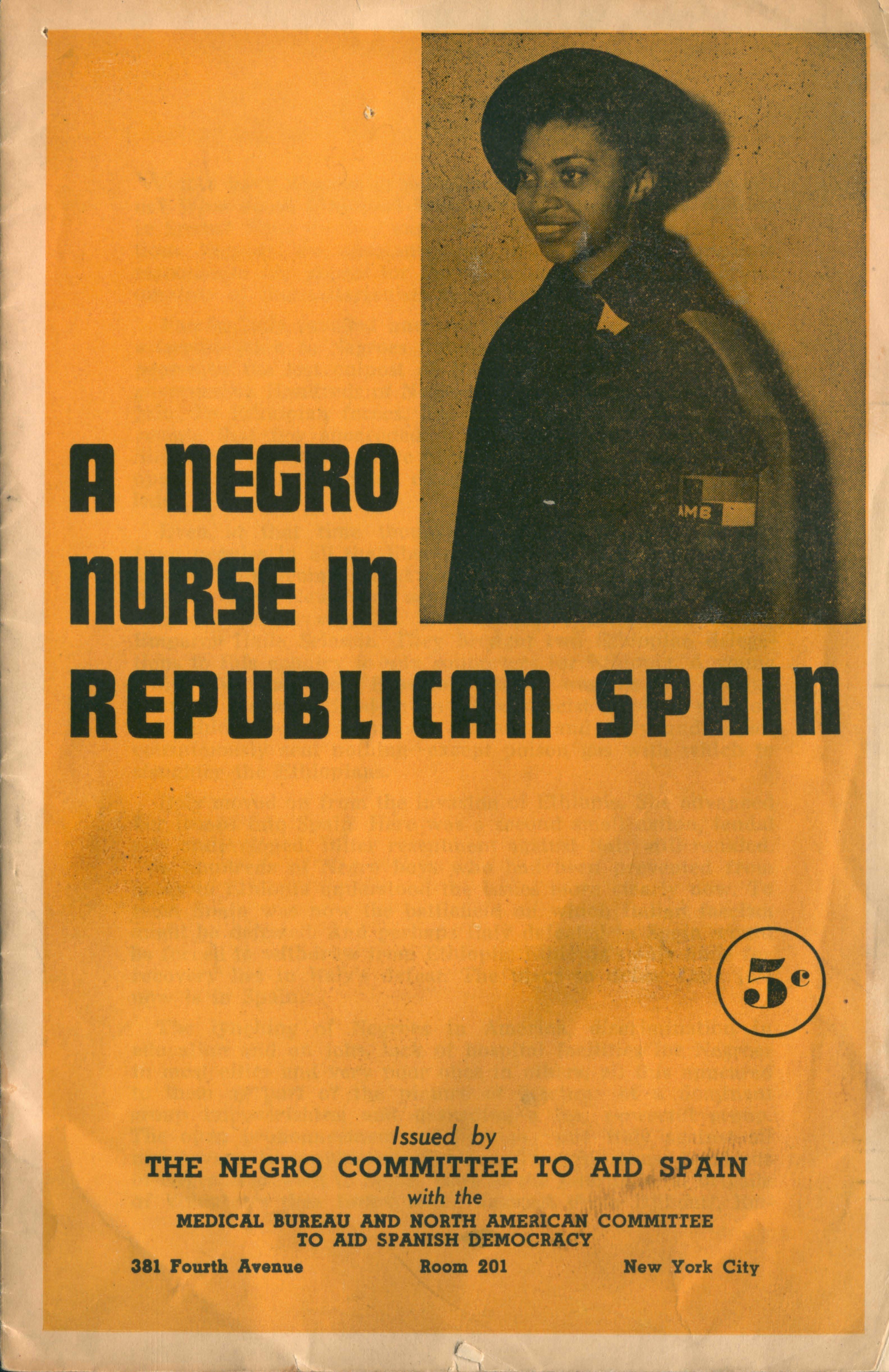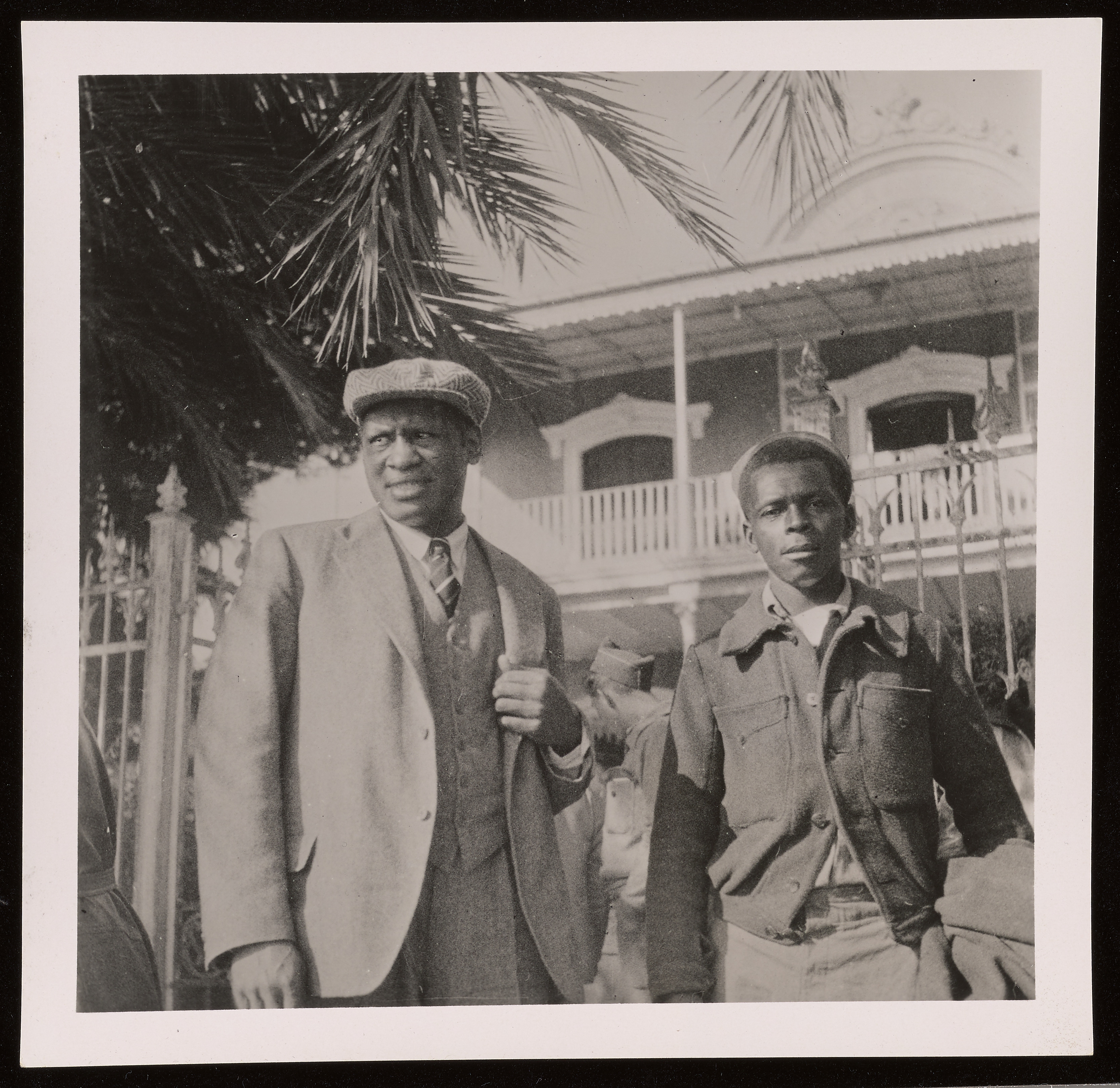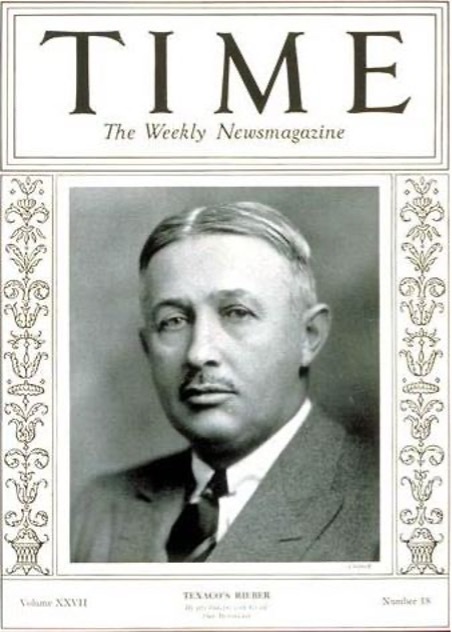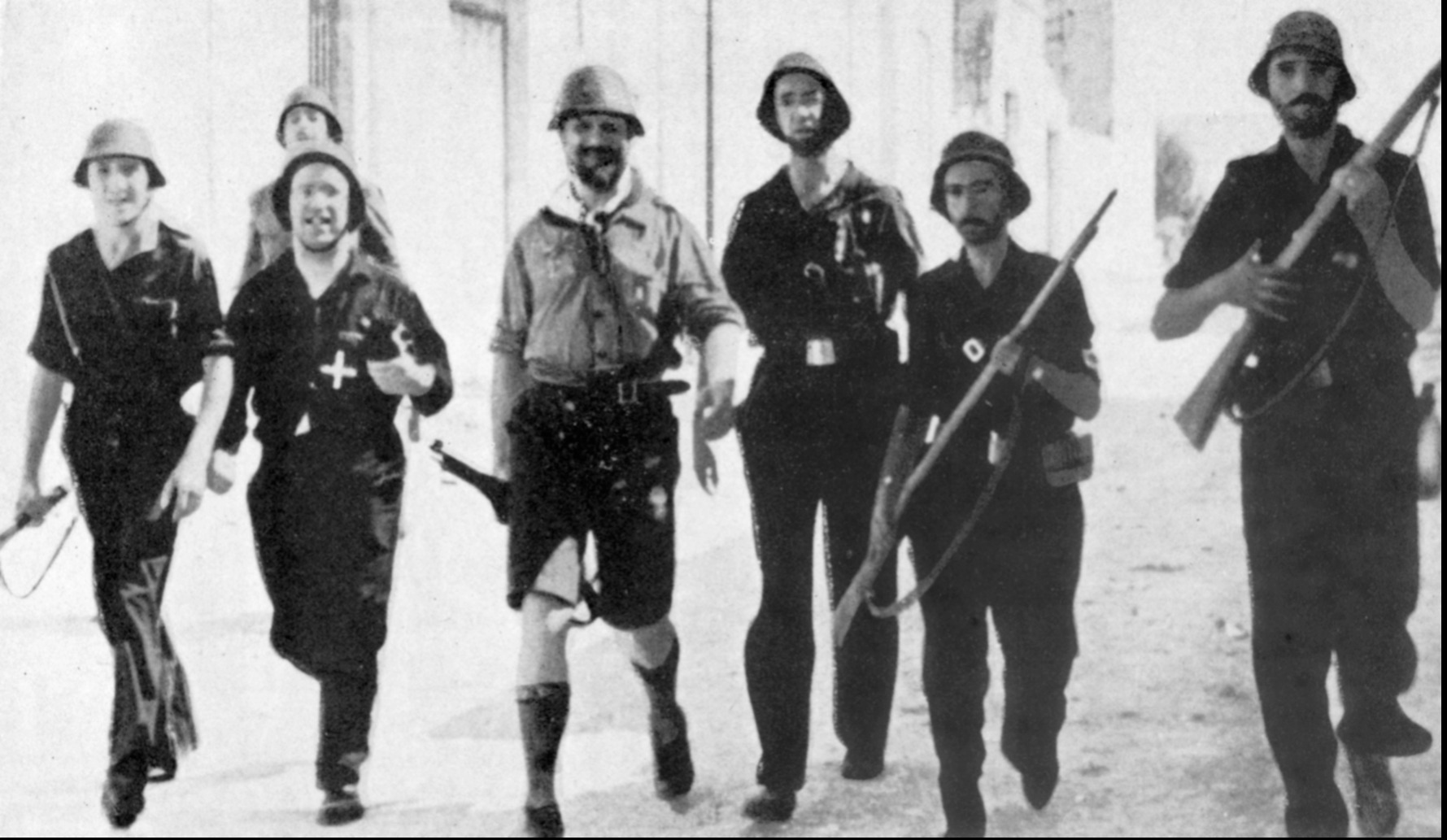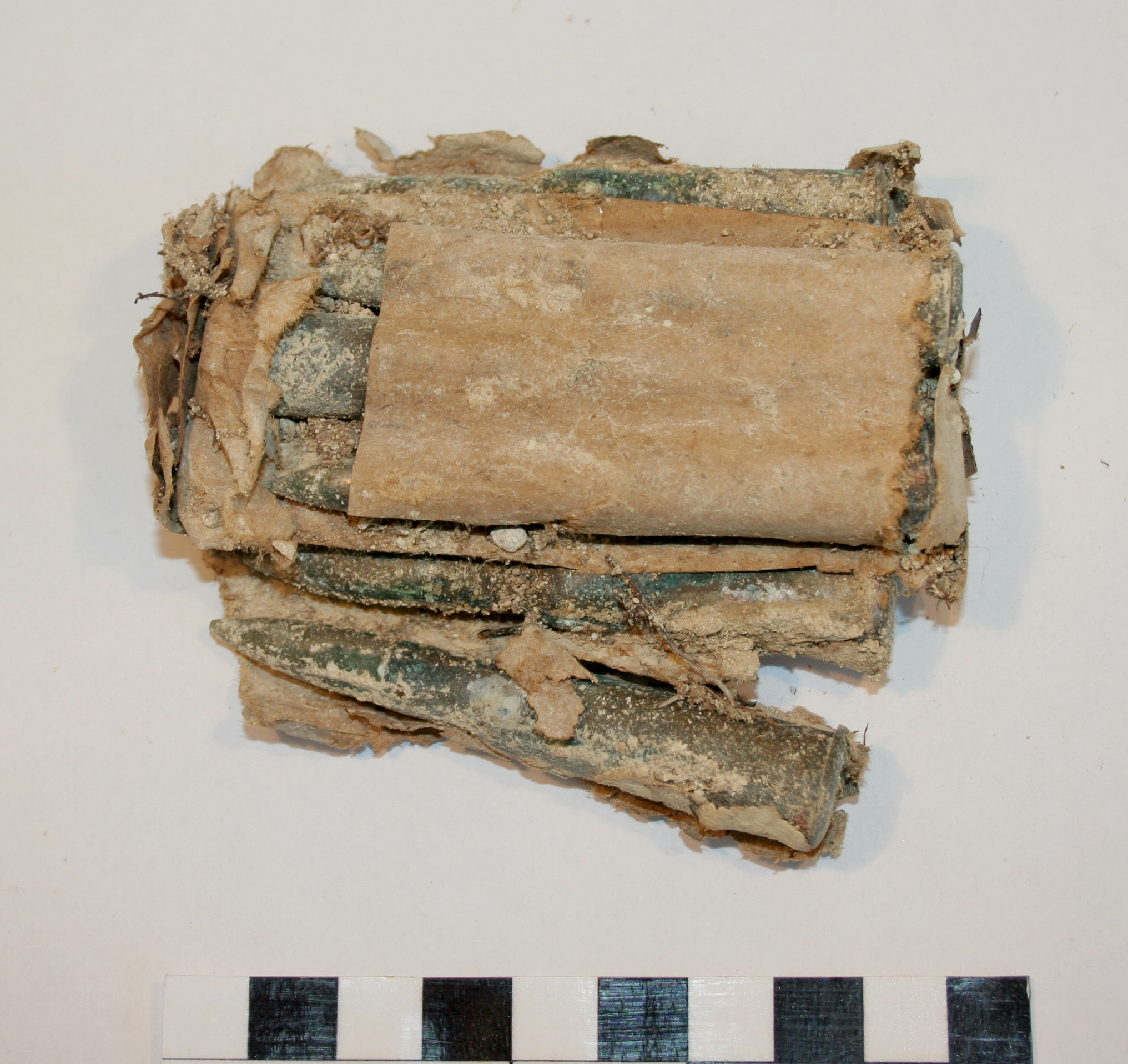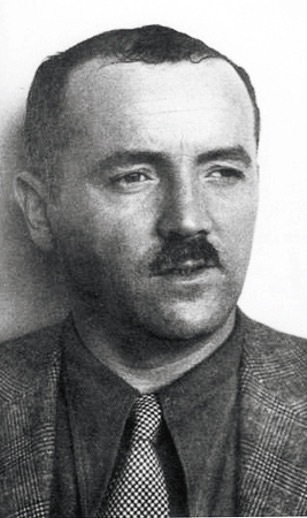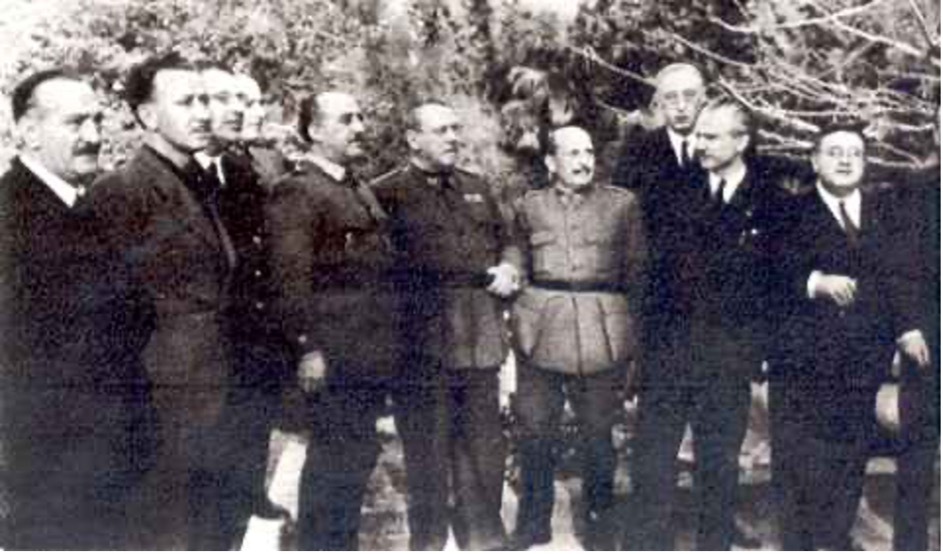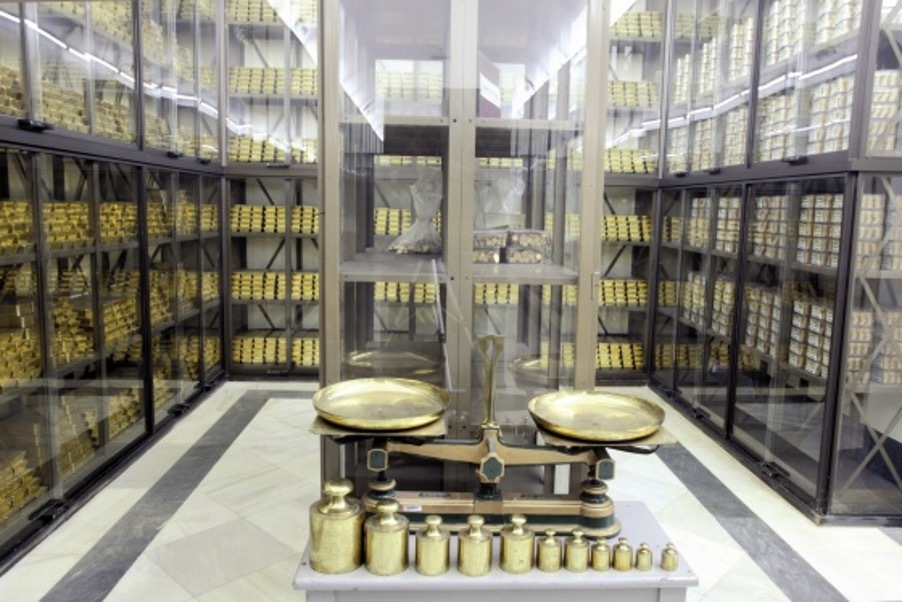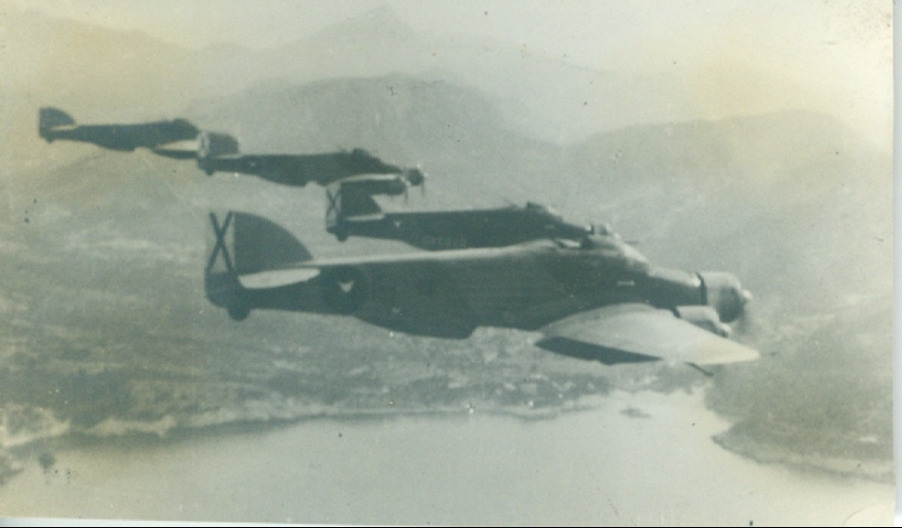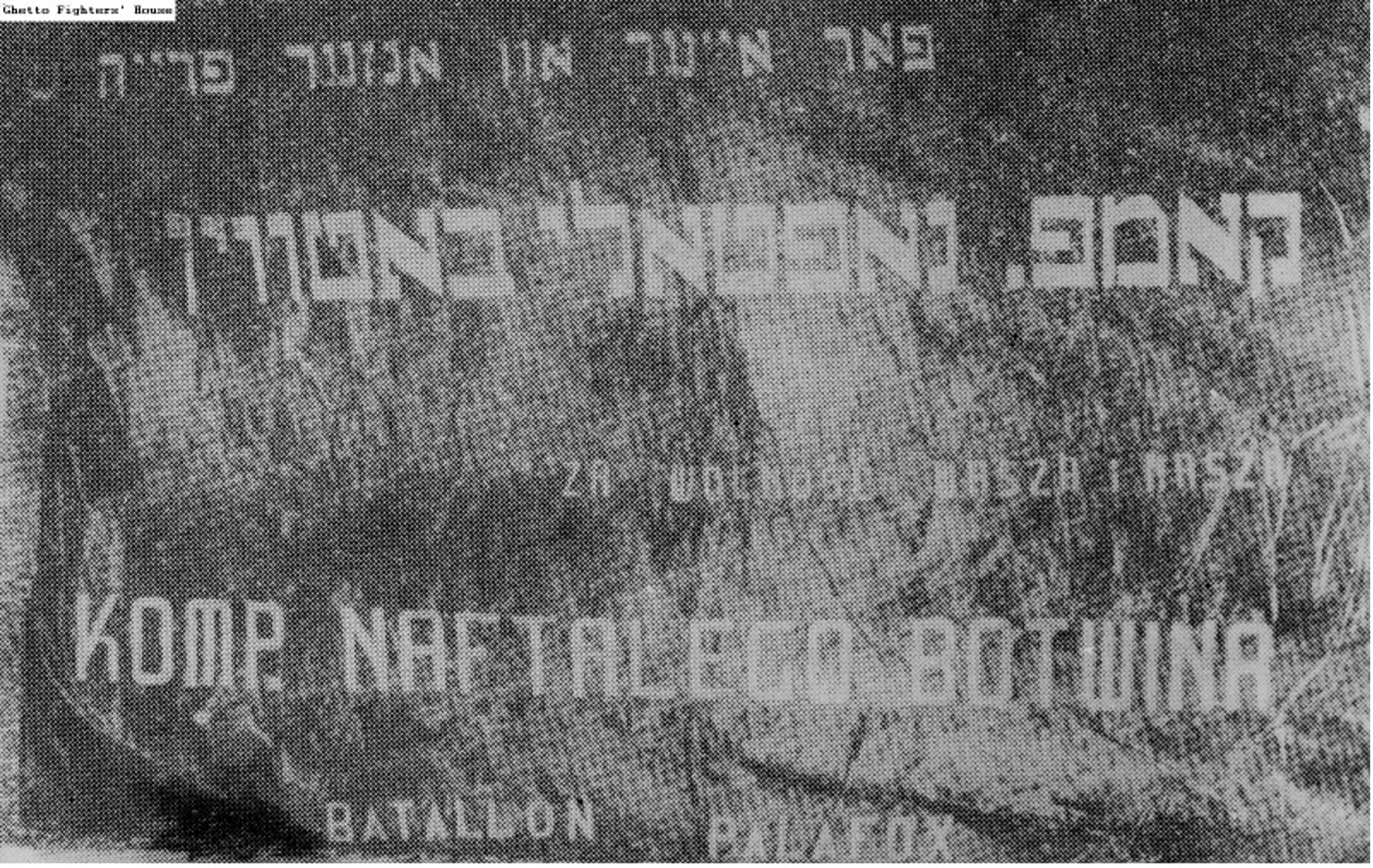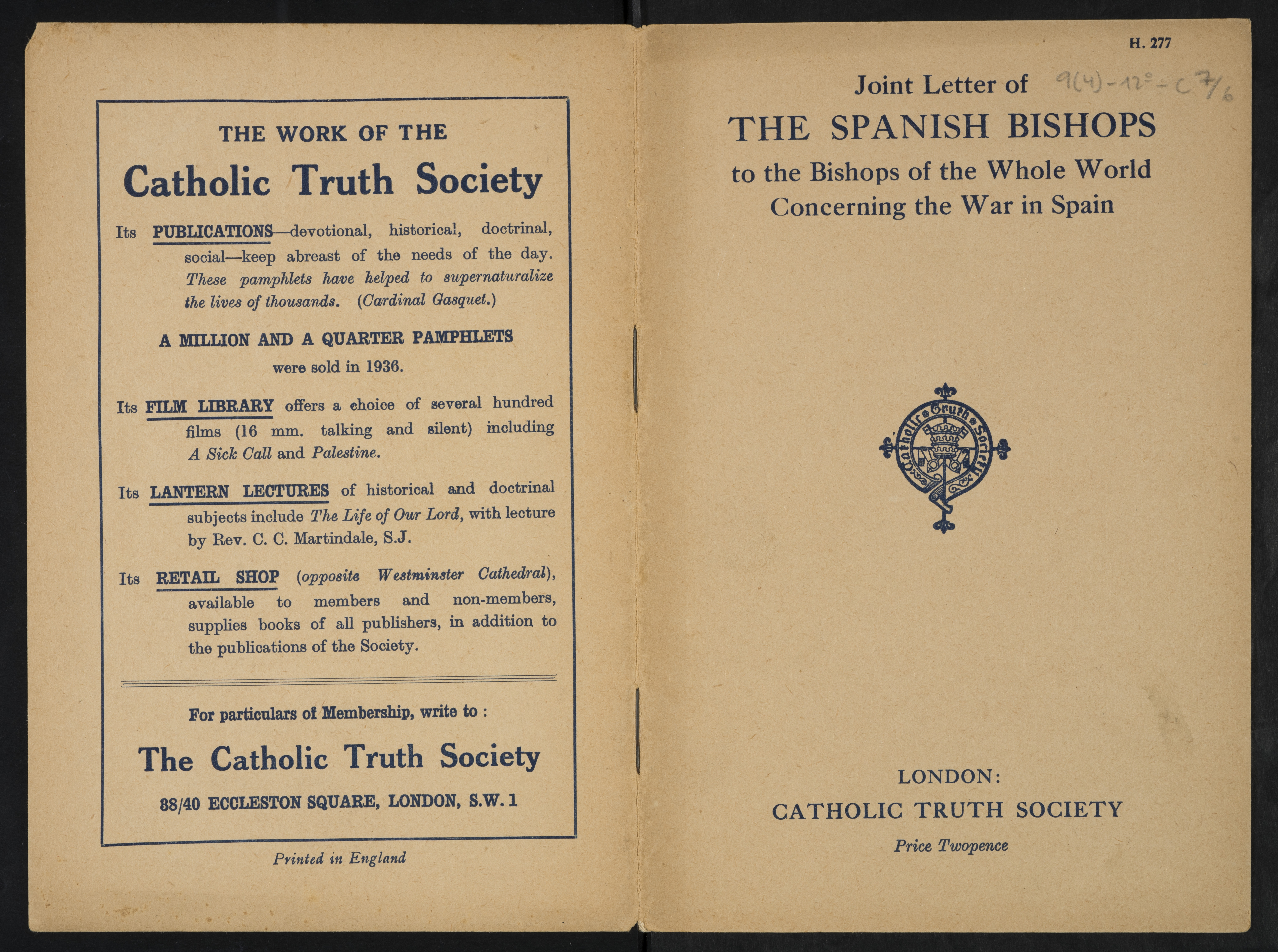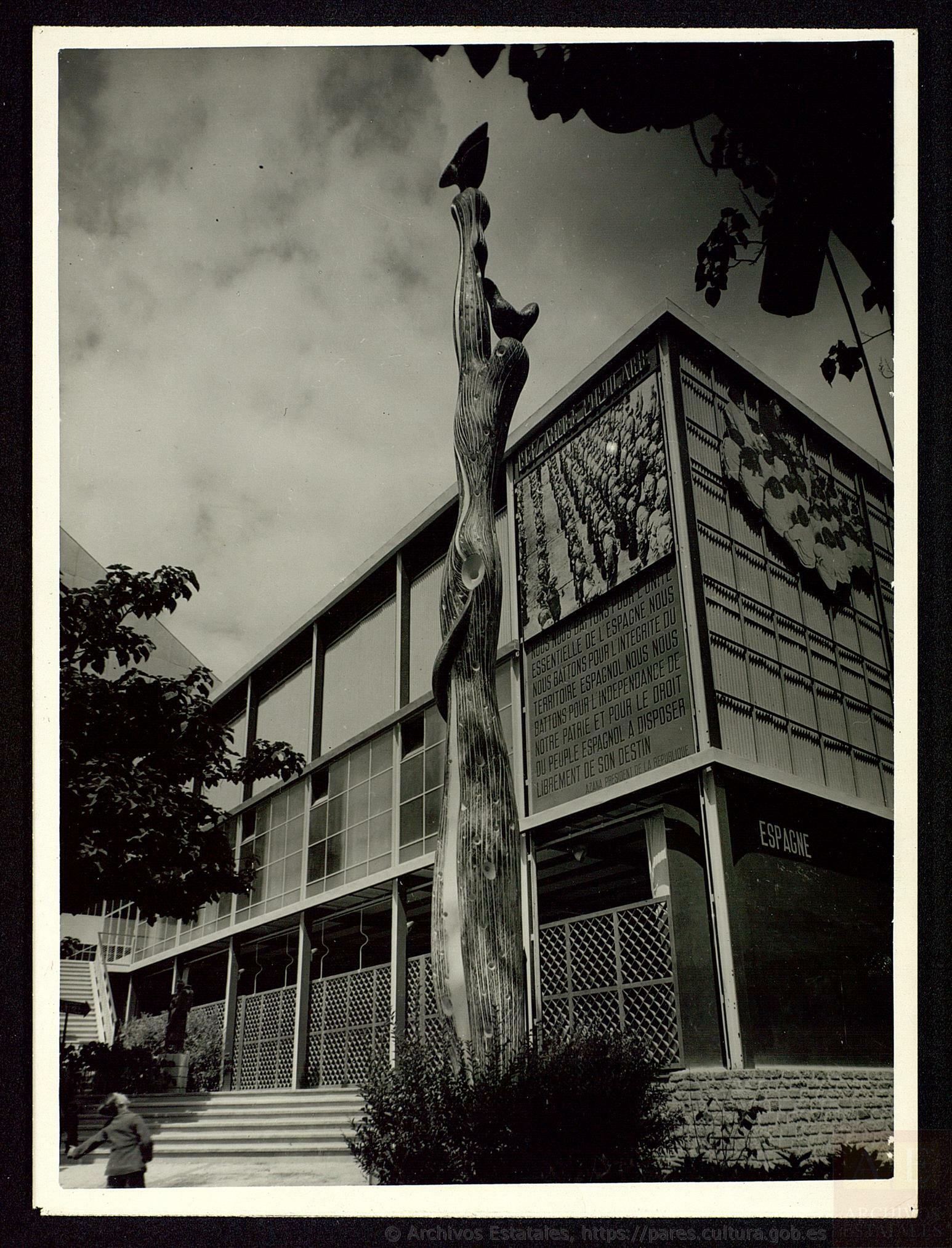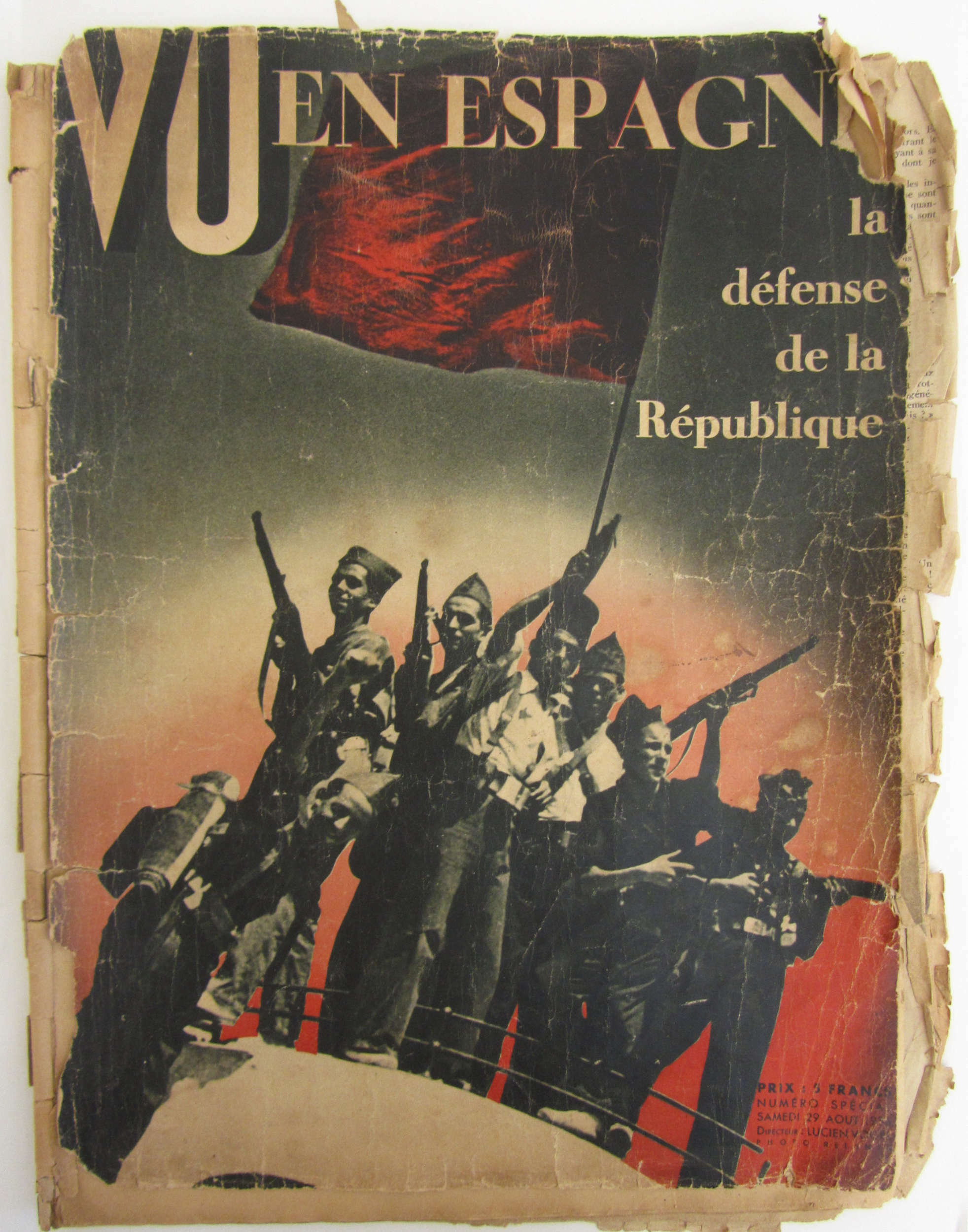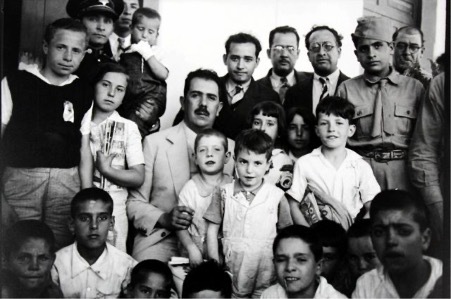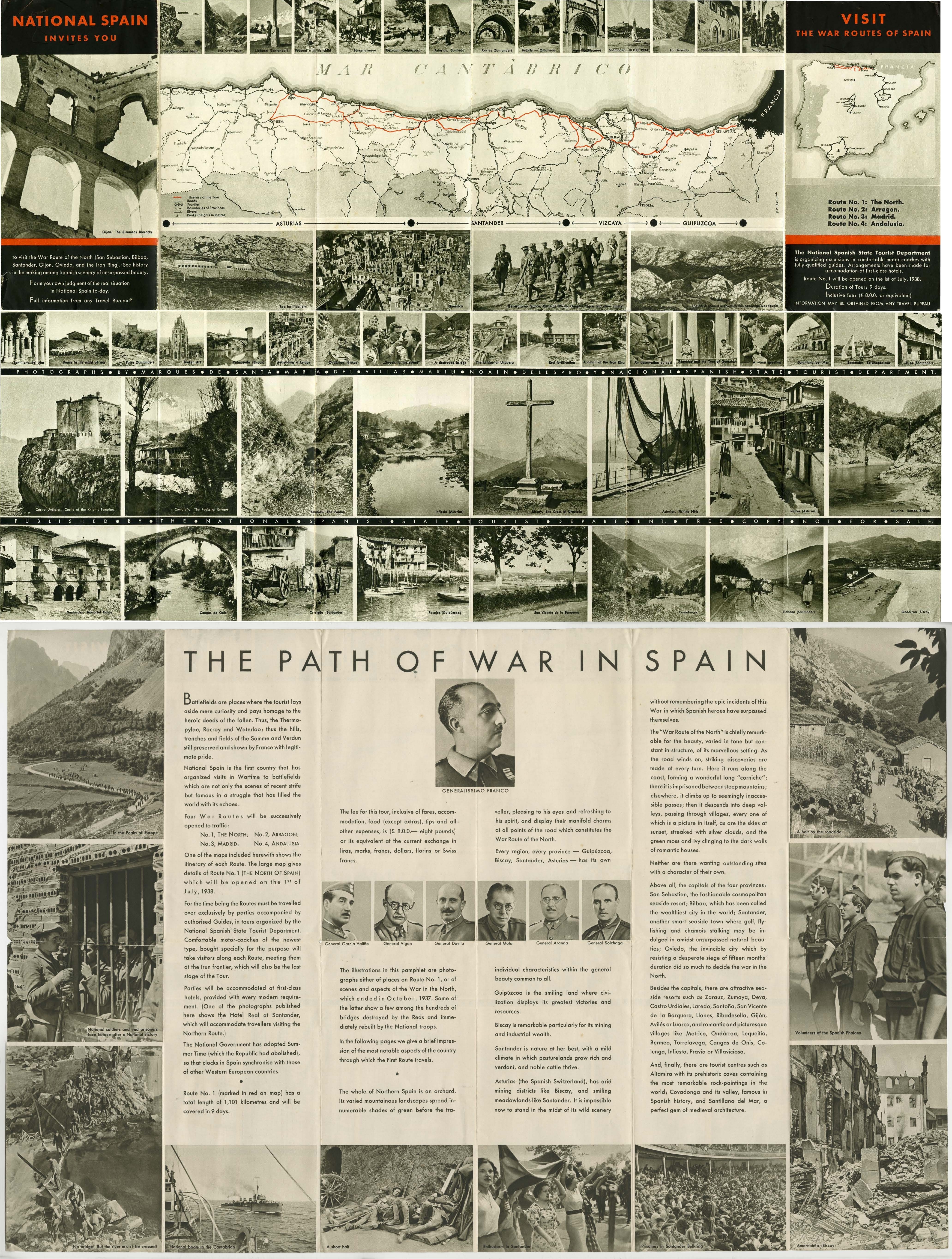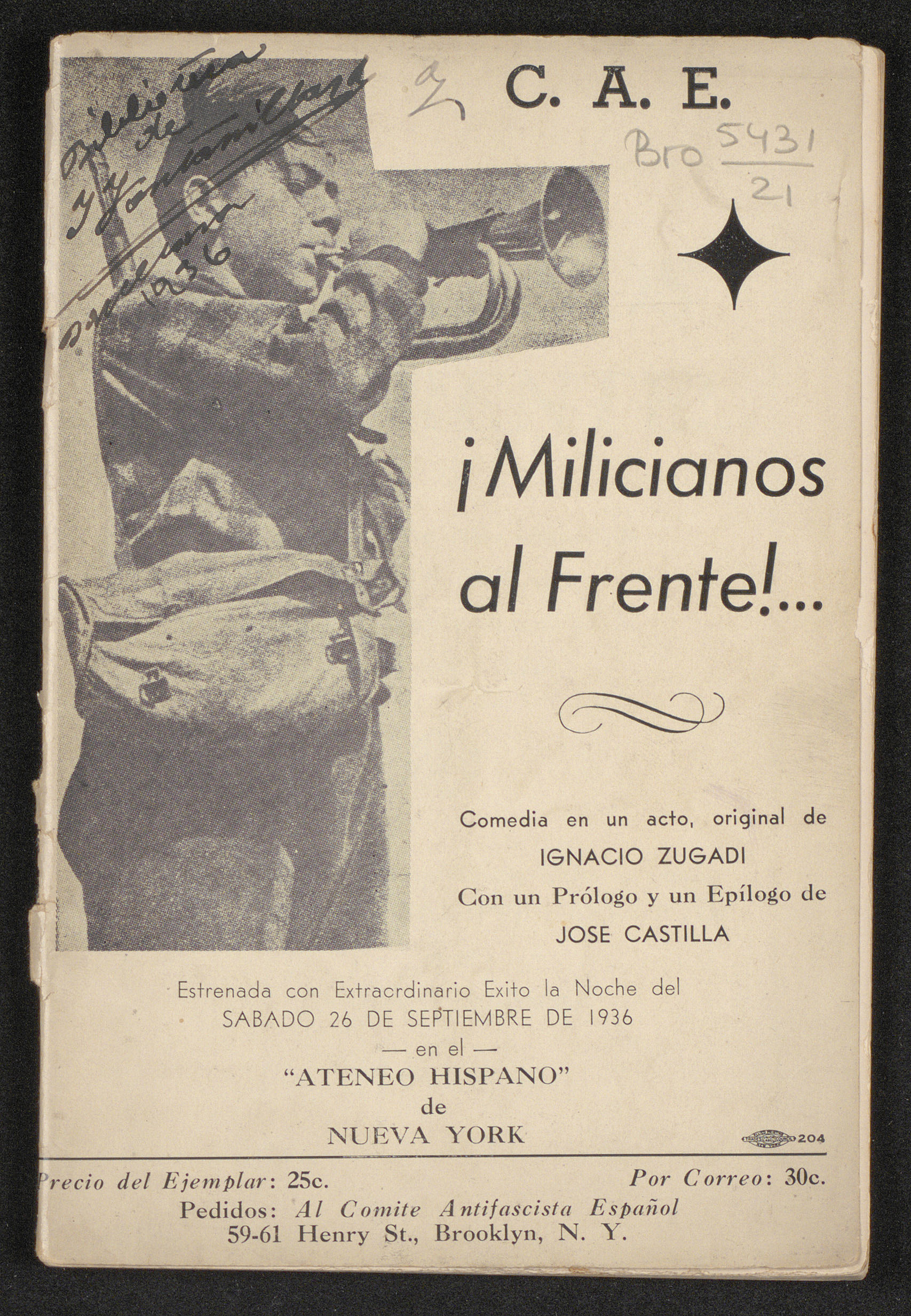The Spanish War was a civil war, an internal, domestic conflict that was internationalized even before the military rebellion of July 18, 1936. Without the direct and indirect assistance provided by certain European and non-European states, Spain’s limited capacity to produce arms and war materiel in general, as well as its dependence on imports of petroleum and other essential industrial products, would have ensured that the conflict would have been a short one.
On the other hand, along with Japanese aggression in China and Fascist Italy’s invasion of Abyssinia, the Spanish Civil War was one of a number of conflicts during the 1930s that the League of Nations was unable to stop or contain.
The importance and immense historical significance of the Spanish Civil War derive from it being the confluence of the two great paradigms that dominated the Interwar period. One, that began with the Russian Revolution of 1917 and the subsequent creation of the Soviet Union in 1922, was anti-communism. The other, a response to the coming to power of Fascism in Italy and Nazism in Germany, and Hitler’s attack on the European order created by the Treaty of Versailles, was anti-fascism. As a result, thousands of anti-fascist volunteers from around the world, convinced that the future of Europe, and the world, would be decided on Spanish soil, went to fight to defend the Spanish Republic, while the conservative and Catholic worlds, convinced they were witnessing a new Communist revolution in southern Europe, gave their support to the rebels.
The outcome of the Civil War was also determined by the adoption of the policy of Non-Intervention, an agreement signed by every European state except for Switzerland, initiated by France and immediately supported by Great Britain. The signatories to the Non-Intervention Pact agreed not to sell arms or materiel to either of the two sides. This was a charade from the outset as Germany, Italy and Portugal did not interrupt their support for the military rebels, and the Soviet Union began to provide assistance to the Republic weeks later. Non-Intervention was, in fact, a part of the British, and also French, policy of appeasement whose goal was to avoid a new war with Germany. It failed. World War II began with the German invasion of Poland on September 1, 1939, only five months after the end of the Spanish Civil War.
External support played a decisive role in Franco’s victory. The equipment and troops sent by Italy and Germany, unimpeded by a Non-Intervention that was essentially window dressing, as well as the support from Portugal, far outweighed what the Republic received from the Soviet Union, and Mexico, or the intermittent opening of the French border.
The result was a brutally repressive, anti-democratic, and fascistized regime that would survive until 1977, and delay the country’s recovery and deprive it of democracy for decades.








